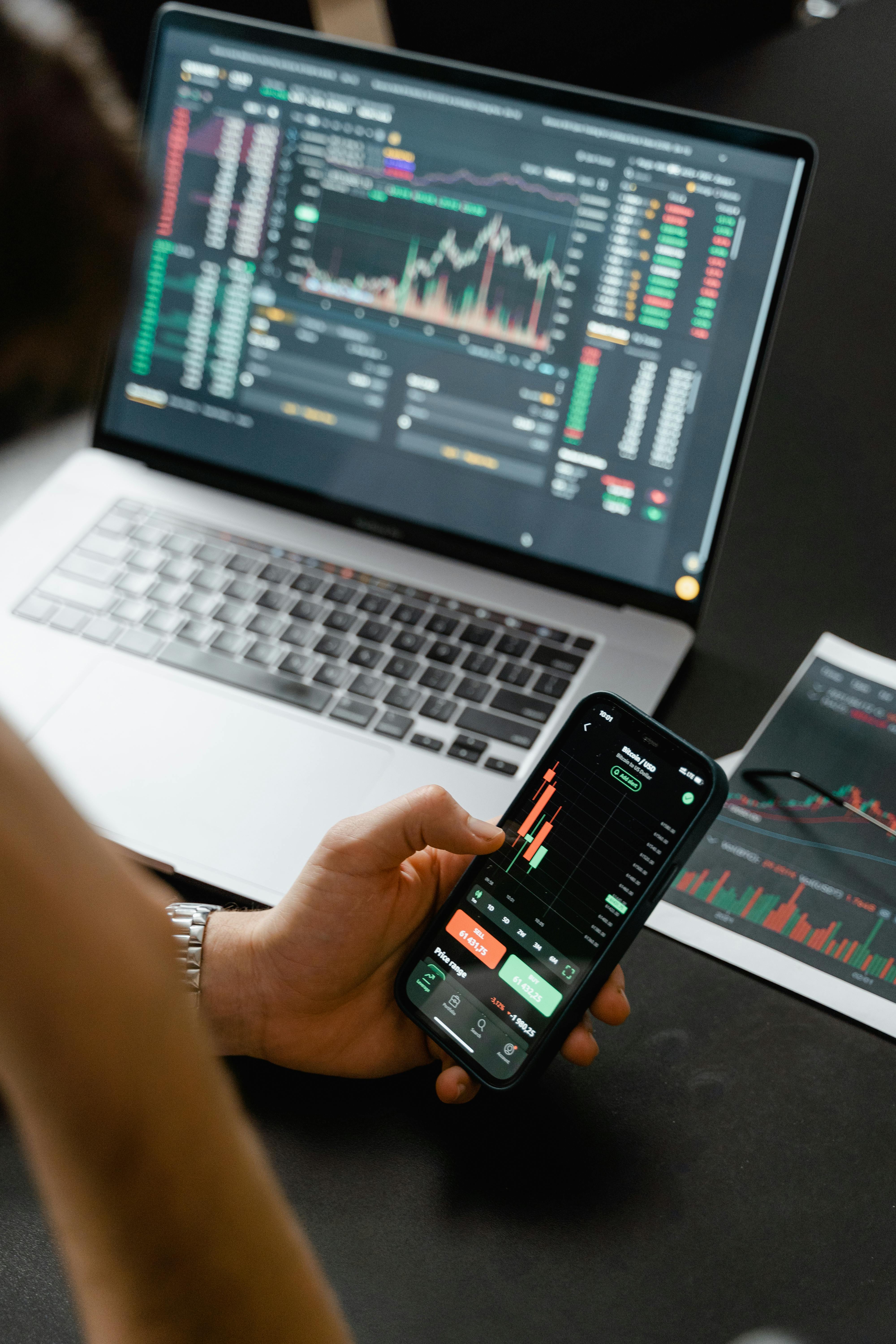
Governance Models in Decentralized Organizations: Navigating Blockchain Governance Frameworks
Governance Models in Decentralized Organizations
Understanding Decentralized Governance Mechanisms
Decentralized governance represents a paradigm shift in organizational management, leveraging blockchain technology to create transparent, democratic decision-making processes. Unlike traditional centralized models, decentralized governance empowers stakeholders to participate directly in strategic and operational decisions through sophisticated blockchain-based mechanisms.
Key Governance Frameworks in Blockchain Ecosystems
Token-Based Voting Systems
Token-based governance models have emerged as a revolutionary approach to organizational decision-making. These systems allow token holders to propose and vote on protocol changes, resource allocation, and strategic initiatives. Protocols like Compound, Uniswap, and MakerDAO have pioneered this approach, creating robust frameworks that distribute governance power proportionally to economic stake and participation.
Decentralized Autonomous Organizations (DAOs)
DAOs represent the most advanced form of decentralized governance, utilizing smart contracts to encode organizational rules and decision-making processes. These digital entities operate without central management, enabling global collaboration and transparent governance through blockchain technology.
Comparative Governance Analysis by Jurisdiction
| Jurisdiction | Regulatory Approach | Governance Flexibility | Compliance Complexity |
|---|---|---|---|
| United States | Strict | Moderate | High |
| Cayman Islands | Permissive | High | Low |
| Switzerland | Progressive | Very High | Moderate |
| British Virgin Islands | Flexible | High | Low |
Emerging Governance Technologies
The landscape of decentralized governance continues to evolve rapidly, with innovative technologies enabling more sophisticated decision-making mechanisms. Quadratic voting, reputation-based systems, and multi-signature governance frameworks are expanding the possibilities of collaborative organizational management.
Top Decentralized Governance Protocols
- MakerDAO: Pioneering decentralized finance governance with sophisticated economic models
- Compound: Advanced token-based voting mechanism for protocol modifications
- Aragon: Comprehensive DAO creation and governance platform
- Uniswap: Decentralized exchange with community-driven governance
Legal and Technical Challenges
Decentralized governance faces significant challenges in regulatory compliance, legal recognition, and technical implementation. Jurisdictions worldwide are developing frameworks to address these complex organizational structures, balancing innovation with investor protection.
Future Implications
The future of organizational governance lies in blockchain-enabled collaborative models. These systems promise increased transparency, reduced administrative overhead, and more inclusive decision-making processes across global ecosystems.
RWA.codes Governance Solutions
RWA.codes offers comprehensive blockchain governance consulting, providing technical and legal expertise in designing decentralized organizational frameworks. Our team specializes in creating robust governance solutions that balance innovation with regulatory compliance.
Image Credit: Pexels Blockchain Governance Image